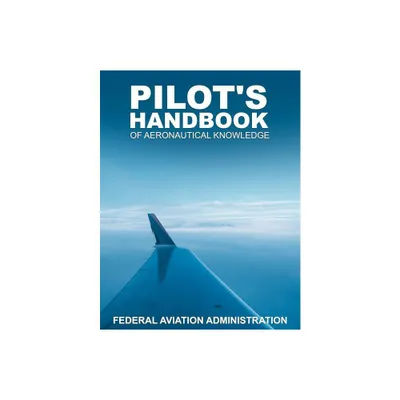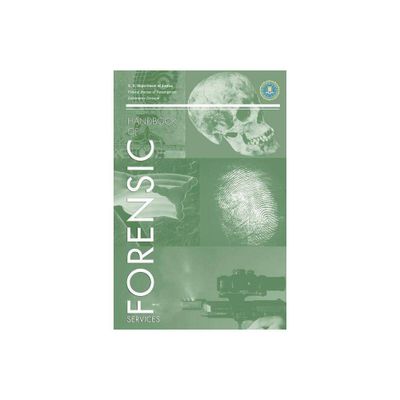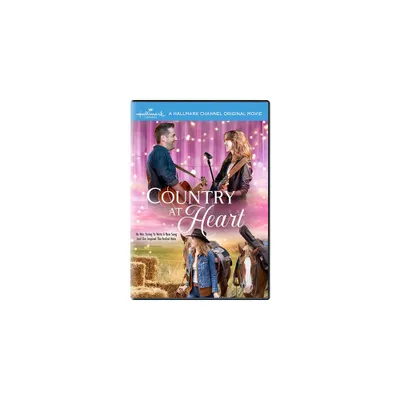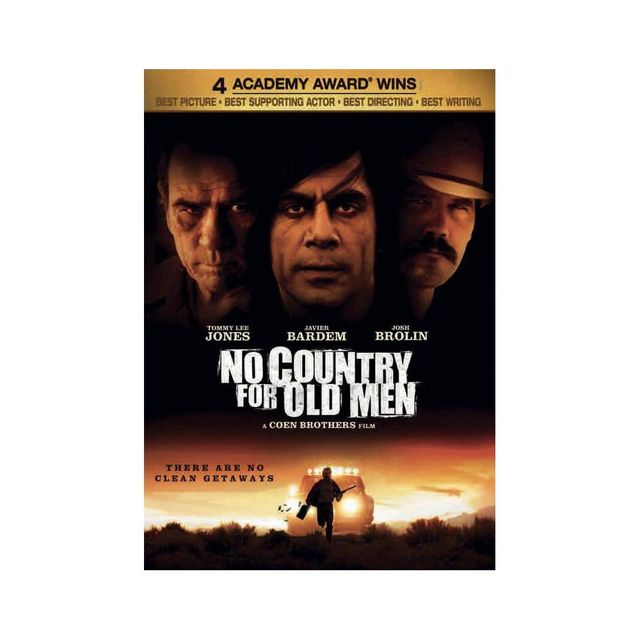Home
The Forum of Federations Handbook Federal Countries 2020
Loading Inventory...
Barnes and Noble
The Forum of Federations Handbook Federal Countries 2020
Current price: $139.99


Barnes and Noble
The Forum of Federations Handbook Federal Countries 2020
Current price: $139.99
Loading Inventory...
Size: Hardcover
*Product Information may vary - to confirm product availability, pricing, and additional information please contact Barnes and Noble
Federal models of government have shaped history and demonstrated how diverse people can live together and govern together in relative harmony.
The Forum of Federations Handbook of Federal Countries 2020
builds on the previous 2005 edition and offers a much-needed update to this signature resource in comparative federalism. Outlining every federal country in the world, each chapter provides a brief yet comprehensive overview of the history of federalism in its specific country, the constitutional nature of federalism, and recent historical dynamics. As new countries have joined the Federal ranks, this handbook brings readers up to speed offering an authoritative look at both the older federal countries as well as new federal countries like Nepal.
is an essential resource for academics, researchers, university students, libraries, history and governance teachers, politicians and civil servants, and casual observers of federalism.
The Forum of Federations Handbook of Federal Countries 2020
builds on the previous 2005 edition and offers a much-needed update to this signature resource in comparative federalism. Outlining every federal country in the world, each chapter provides a brief yet comprehensive overview of the history of federalism in its specific country, the constitutional nature of federalism, and recent historical dynamics. As new countries have joined the Federal ranks, this handbook brings readers up to speed offering an authoritative look at both the older federal countries as well as new federal countries like Nepal.
is an essential resource for academics, researchers, university students, libraries, history and governance teachers, politicians and civil servants, and casual observers of federalism.


















